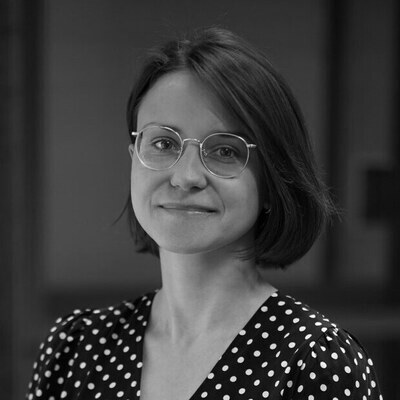Child psychotherapy
What is child psychotherapy?
Child psychotherapy is a way of helping a child to make sense of painful, sad, angry or confusing thoughts and feelings. The psychotherapy process involves work with children through play, drawing and talking about events and experiences. The therapist usually does not direct what happens in the sessions, but provides a consistent and safe setting where a child can begin to express their thoughts and feelings more freely. In psychotherapy, children gradually become more able to identify and express their thoughts and feelings. The treatment will usually have a beneficial effect on behavior and relationships at home. As children become less preoccupied with worries, they can also make better use of opportunities at school.
When can child psychotherapy be helpful?
Child psychotherapy can help with many emotional and behavioral problems in childhood. For example, a child might be anxious, finding it difficult to sleep, to separate from parents or to go to school. A child may be struggling at school with friendships, bullying or academic work. Sometimes a family is suffering from stress and this can affect the children, e.g. if parents are not getting along, if they are divorcing, if the family experiences an illness, bereavement or a loss of a job. Times of transition and change, e.g. from kindergarten to primary school or from primary to secondary school, can be difficult to cope with.
Children with physical and learning disability, autism spectrum disorder and Asperger’s Syndrome can face additional challenges in life and they also may able benefit from psychotherapy.
How does the therapy work?
A traditional model of child psychotherapy involves regular sessions for a child, once or more times a week, for a period of several months. In this type of treatment it is also extremely helpful for the parents to be regularly seen by a therapist to provide support for them, as the parents might be struggling to help their child at home.
It usually starts with one or more meetings/consultations with parents, during which they can tell the therapist in detail about their worries with regard to their child. Further on, a therapist sees a child for an assessment, which involves seeing the child on their own several times. Following this, the therapist meets the parents again to think together and discuss options for further therapy, tailored to the family’s needs, if both the therapist and the parents believe it would be helpful.
The therapy might involve a fixed number of individual sessions for the child or more open-ended long-term therapy. Parents, however, might prefer to have further sessions in their own circle, to have some supportive space to think about how they could be helping their child at home. Sessions for parents and children or individual therapy for parents are also possible.
What is available in ReGeneRacja?
– Consultations and diagnosis
– Short- and long-term child psychotherapy
– Perinatal psychological counseling and psychotherapy
– Home visits: consultations and assessment (pre- and post-natal issues, parenting education)
– Psychological counseling and education for parents
– Group psychotherapy and training sessions for children



